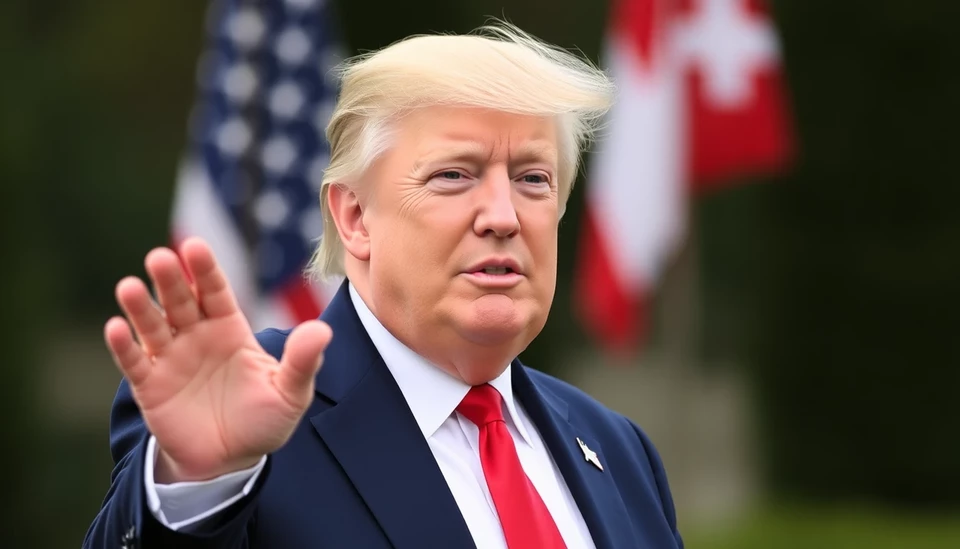
Switzerland is making significant strides towards finalizing a comprehensive agreement with the European Union (EU) by early 2026. This move reflects the country's commitment to enhancing its economic cooperation and addressing regulatory alignment with its European neighbors. The Swiss government has prioritized this agreement as a critical goal in its diplomatic agenda.
The Swiss-EU relationship has historically been complex, given Switzerland's unique position outside the EU yet closely linked with it through bilateral treaties. These treaties cover various sectors, including trade, transportation, and movement of people. However, as the EU continues to evolve and adapt its policies, Switzerland faces increasing pressure to keep pace while retaining its independent governance.
To solidify this new agreement, Swiss officials plan to engage in a series of negotiations with EU representatives. The proposed framework aims to simplify existing treaties and create a more cohesive and streamlined relationship that could potentially impact millions of citizens and businesses operating across borders.
Furthermore, this new pact is expected to address crucial issues, such as labor mobility, market access, and joint regulatory frameworks, ultimately fostering stronger economic ties. The Swiss government has set January 2026 as a target for signing this agreement, emphasizing the urgency and importance of this initiative within the current geopolitical climate.
Additionally, the successful negotiation of this agreement could also provide Switzerland with a more robust platform to influence EU regulations that affect it, thus ensuring that Swiss interests are represented at the table. This strategic alignment underscores Switzerland's proactive approach in navigating its relationship with the EU while balancing its sovereignty.
As Switzerland prepares for these crucial discussions, stakeholders from various sectors, including business leaders and political representatives, are closely monitoring the situation. Many are optimistic that a successful conclusion will not only enhance economic cooperation but also bolster Switzerland's standing within Europe amidst ongoing challenges such as political tensions and economic shifts.
In summary, Switzerland is not only aiming to adapt to the evolving landscape of European relations but is also carving a path towards enhanced collaboration that could redefine its role in continental affairs. The culmination of these efforts is expected to set the tone for a new era of Swiss-EU relations, marking a significant milestone in Europe's political and economic framework.
#Switzerland #EuropeanUnion #EconomicAgreement #Negotiations #TradeRelations #Diplomacy #EURelations #MarketAccess #Sovereignty
Author: Rachel Greene




